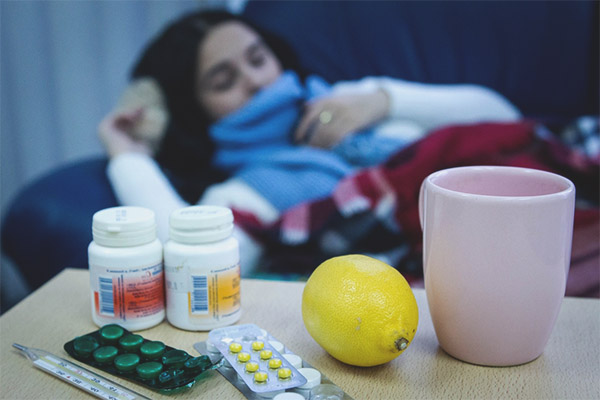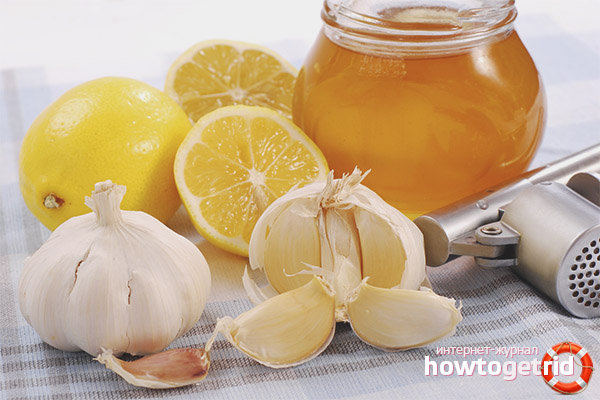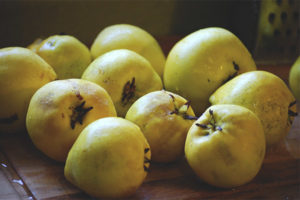The content of the article
Influenza is a serious illness, often accompanied by complications that affect the heart and lungs. In addition, exacerbation of existing chronic diseases may occur. To prevent this, it is important to identify the disease in a timely manner and start appropriate treatment as soon as possible.
Symptoms
Characteristic clinical manifestations, which include the following, will help distinguish flu from other diseases:
- A sharp onset of the disease. From the first days there has been a significant increase in body temperature.
- There is weakness and general malaise.
- The patient aching in the joints and muscles.
- Worsening appetite.
- Chanting
- Photophobia appears.
In difficult situations - the patient may bleed from the nose, fainting occurs.
How to cure the flu at home
If it was not possible to protect oneself from the disease, it is necessary to consult a doctor as soon as possible so that he can prescribe the appropriate treatment.
There are several specific drugs with narrowly targeted effects that destroy the influenza virus. These funds have low efficacy in the treatment of other respiratory infectious diseases, as well as conventional antiviral drugs (Tera-flu, Anaferon, etc.) will not be able to cope with the flu. The following agents have high effectiveness against this disease:
- Tamiflu. The main active ingredient is oseltamivir. The drug is prescribed to patients of adult and children's age (from 1 year). It is allowed to use pregnant and lactating women, but prior consultation with a doctor is required. Maximum effectiveness of the drug is observed if it is taken at an early stage of the disease (no later than the second day after the onset of symptoms).
- Relenza. The active ingredient is zanamivir. The drug is prescribed to adults and children from 5 years. Effective against influenza viruses A and B.Intended for treatment with inhalation.
In addition to the above medications, the patient may be prescribed more affordable medications that have antiviral properties and have proven to be effective in both flu and other viral infections:
- Arbidol. Prevents viruses like A and B from entering the cells of the body, provides long protection, reduces the clinical manifestations of intoxication, speeds up the healing process, prevents the occurrence of complications. The course of therapy is 5 days.
- Anaferon. It is a homeopathic remedy that has antiviral and immunomodulating properties. When the first symptoms of an acute infectious disease or flu occur, take the regimen according to the following scheme: the first four doses, one tablet every 30 minutes. Then during the first day - three more pills with equal intervals between doses, the second day and the next - one tablet three times a day until the final elimination of symptoms.
- Amixin. The main component is tilorone - a substance that is highly effective not only against the flu, but also of the herpes, cytomegalovirus, and hepatitis viruses.Do not take pregnant and lactating women, as well as children under 7 years of age.
In addition, symptomatic treatment is carried out. Drugs like Ibuprofen and Paracetamol can help get rid of a headache.
Nasal congestion will help eliminate drops or sprays from the common cold - Tizin, Naphthyzin, Sanorin. In order to quickly relieve sputum, drugs with mucolytic action are prescribed - Lasolvan, Ambrobene, ACC, Mucosol. To rinse the throat using furatsilin or herbal, which include sage, chamomile, calendula.
It is possible to treat mild to moderate disease at home. It is necessary to regularly conduct airing of the room, bed linen change. The patient should use a personal towel and dishware. In the acute stage it is especially important to drink more - tea with honey and raspberries, fruit drinks from sour berries. Recovery of normal activity after the flu should be carried out gradually.
Folk remedies
Recipes of traditional medicine are often used in the fight against flu and cold. It should be noted that many of them are quite effective.But we should not assume that home remedies will have a smaller antiviral effect than special drugs. Although many doctors believe that the virus of this disease is very active and aggressive, therefore it is not always the means of the people to cope with it. For this reason, it is recommended only to supplement them with the main drug therapy prescribed by the doctor.
Means prepared according to the recipes of traditional medicine are used to restore the patient's immunity, to supply his weakened organism with useful substances, thereby accelerating the healing process.
You can use one of the following recipes:
- Beat egg yolks (4pcs.) Until foam appears, add a little sugar. Then heat 500 ml of beer, add to the mixture, pour cinnamon on the tip of a knife, cloves (3 pcs.), Mix and put on medium heat. After 5-10 minutes (without boiling) remove from heat, cool. Drink 250 ml of healing agent at one time. Repeat three times a day.
- To combat nasal congestion that accompanies the flu, you can use the following tool: mix a small spoonful of honey and a small amount of beetroot juice. The resulting liquid drip nose up to five times a day.
- Rinse one medium onion without removing the husk. Pour water to cover the onion. Pour 50 grams of sugar, put on low heat. After half an hour, remove from heat, let cool, strain. Drink a decoction of a tablespoon five times a day for half an hour before meals.
In addition, inhalation is recommended. To do this, use the peel of potatoes, eucalyptus essential oil or sage.
Intense perspiration can help speed up the healing process. Honey, lemon and other citruses, garlic and onions, their currants and raspberries jam, chicken broth will help to provoke it.
Day routine and nutrition
A working person with flu is given a disability sheet for 1-1.5 weeks. Usually, during this time, both recovery and recovery take place. A feature of the flu is that it leads to a significant reduction in the body's defenses. This means that even when it was possible to get rid of the virus, the body had not yet had time to become so strong as to lead its usual active lifestyle. If you do not take care of it, the likelihood that a secondary infection will join will increase, and this will lead to the development of serious complications.In addition, the patient risks facing such complications if he did not take the prescribed medication during the first days of the disease, did not observe bed rest and other recommendations of the doctor.
To prevent the development of complications that do not affect the nervous system, heart and blood vessels, you should rest more time, to avoid mental and physical stress. In addition, during the illness should adjust their diet. In the diet should not be fatty fish and meat, fast food, sausages, preservation, coffee, alcoholic beverages, fatty and fried foods, sweets (except honey).
During the period of illness and recovery after it, one should take care of one’s own organism. It is recommended to take vitamin complexes and eat foods that contain vitamins and useful trace elements.
Possible complications
In some cases, it happens that, despite the therapy, there is not a decrease, but on the contrary, the progression of clinical manifestations of influenza. A complication that can occur against the background of this disease is influenza viral pneumonia.People who have no problems may face it, as well as those who have chronic pathologies of the heart or lungs.
It happens that after a visible elimination of the symptoms of the disease after a few days, the condition worsens and bacterial pneumonia develops, accompanied by severe coughing and sputum with pus. The provoking factor of this process are microbes that inhabit the pharynx, which are activated against the background of a weakened immunity. In this case, the treatment will be carried out with the help of antibacterial drugs.
Viral and bacterial pneumonia in most cases affects people who suffer from pulmonary diseases, as well as chronic problems with the heart and blood vessels.
When is hospitalization necessary?
At risk of complications from the flu include children, expectant mothers, patients in old age and having chronic illnesses. Such patients require the careful attention of the doctor. If he, after an inspection, advises hospitalization, it is advisable to agree.
You should know that in addition to pneumonia, there may be other complications:
- rhinitis;
- otitis;
- sinusitis;
- encephalitis;
- meningitis;
- lesions of the central nervous system.
Such diseases against the background of the transferred flu pose a serious danger, especially for the listed categories of patients who are at risk.
The doctor may prescribe treatment in a hospital for a patient whose fever does not fall for more than two days even with the use of medications. In this case, self-medication is not recommended. It is necessary to listen to the opinion of the doctor and to observe all his prescriptions.
Prevention
Any disease is easier to prevent than to treat after a long time.
- As a preventive measure against the flu, you can use a gauze bandage, being in public places during the outbreak of the disease, as well as contact with an infected person if necessary.
- It is necessary to enrich your diet with foods, which include a large amount of vitamin C: sauerkraut, kiwi, citrus fruits, cranberries.
- It is useful to eat a couple of cloves of garlic every day.This will help destroy the bacteria in the mouth. Similar properties has onions.
- An important point in the prevention of influenza is personal hygiene. When washing your hands, use an antibacterial agent.
Video: the best folk remedies for flu and colds











To send